McDonald’s is one of the most ubiquitous and recognizable fast-food chains in the world, with over 39,000 restaurants in over 100 countries and territories. However, its conspicuous absence in certain parts of the globe is a fascinating aspect of globalization and business operations.
Despite being a global behemoth, McDonald’s has chosen not to establish a presence in all corners of the globe for various reasons. It is one of the most iconic and recognizable fast-food chains globally, it has chosen not to establish a presence in all corners of the globe for various reasons.
Factors influencing McDonald’s decision to operate in a country
The decision of whether or not to establish a presence in a given location involves a complex interplay of factors, including:
Cultural factors

McDonald’s needs to consider whether its food and branding will be accepted in the local culture. For example, in countries with a strong emphasis on healthy eating, McDonald’s may need to adapt its menu or marketing strategy.
Economic factors

McDonald’s needs to assess the size and potential of the market, as well as the cost of doing business in the country.
Political factors

McDonald’s needs to consider the political stability of the country and the government’s attitude towards foreign investment.
Regulatory factors

McDonald’s needs to comply with all applicable laws and regulations, including those related to food safety, labor, and environmental protection.
Countries and territories without McDonald’s
Certainly, let’s delve deeper into the intriguing topic of the absence of McDonald’s restaurants in certain countries and territories around the world. The decision of whether or not to establish a presence in a given location involves a complex interplay of cultural, economic, political, and business factors. Here’s a more detailed exploration of notable countries and territories without McDonald’s restaurants, along with a deeper look into potential reasons for their absence:
Here are some notable countries and territories without McDonald’s restaurants and some potential reasons for their absence:
Bermuda

Bermuda is a British Overseas Territory in the North Atlantic Ocean, known for its stunning beaches, crystal-clear waters, and lush green hills. It is also a popular tourist destination, with over 1 million visitors arriving each year.
One of the things that makes Bermuda unique is its strong commitment to preserving its local culture and traditions. This is evident in many aspects of life on the island, from the food and music to the architecture and language.
The absence of McDonald’s in Bermuda is often seen as a testament to this commitment to local culture. While there are other fast food restaurants on the island, none of them are as large or as well-known as McDonald’s. This is likely due to the fact that Bermudians prefer to support local businesses and eat food that is made with fresh, local ingredients.
Iran
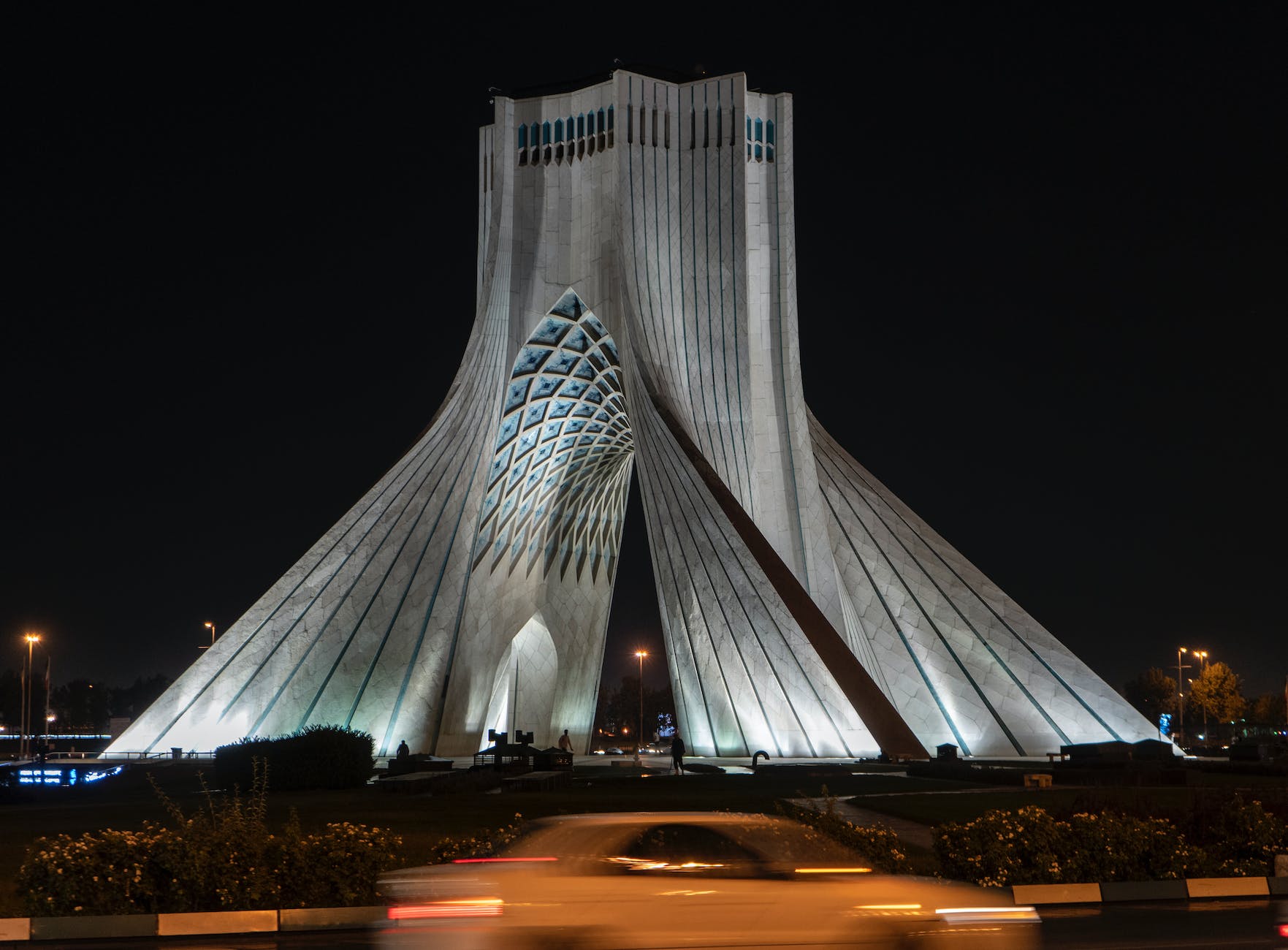
Iran is a country in Western Asia with a rich history and culture. It is also home to a number of important religious sites, including the city of Mashhad, which is the holiest city in Shia Islam.
Iran’s political and economic situation has been complex in recent decades. The country is under sanctions from the United States and other countries, which has made it difficult for foreign businesses to operate in Iran.
The absence of McDonald’s in Iran is likely due to a combination of factors, including the country’s political and economic situation, as well as its cultural values. Some Iranians may view McDonald’s as a symbol of Western culture and values, which they may not agree with.
North Korea
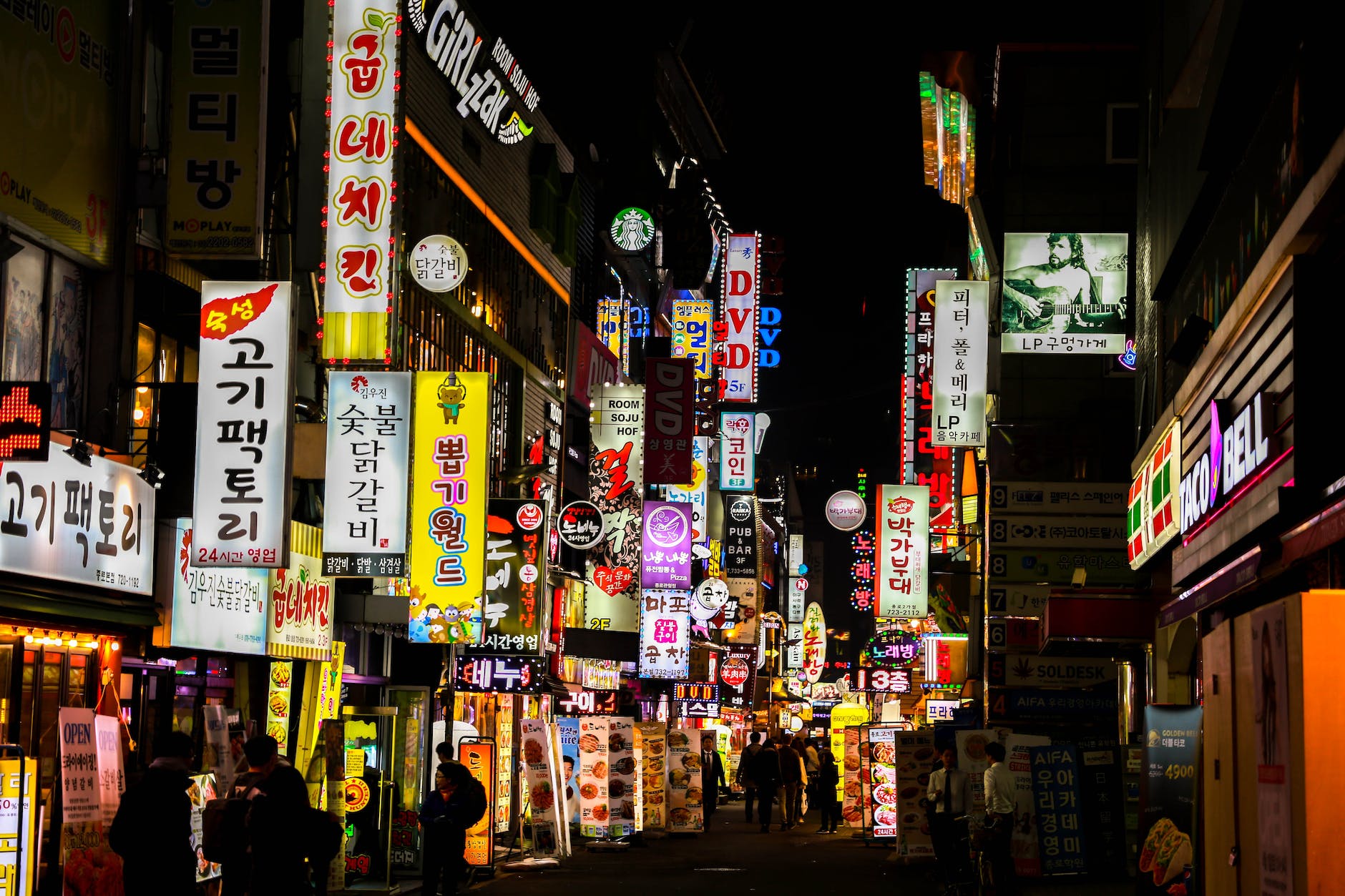
North Korea is a country in East Asia that is known for its isolationist policies and its authoritarian government. The country is also under sanctions from the United Nations and other countries, which has made it difficult for foreign businesses to operate in North Korea.
The absence of McDonald’s in North Korea is likely due to a combination of factors, including the country’s political and economic situation, as well as its cultural values. The North Korean government may view McDonald’s as a threat to its control over the country and its culture.
Iceland

Iceland is a country in North Atlantic Ocean that is known for its stunning natural scenery, including glaciers, waterfalls, and volcanoes. It is also a popular tourist destination, with over 2 million visitors arriving each year.
One of the things that makes Iceland unique is its strong commitment to sustainability. The country has a number of policies in place to reduce its environmental impact, and it is a leader in renewable energy production.
The absence of McDonald’s in Iceland is often seen as a testament to the country’s commitment to sustainability. McDonald’s is a large fast food chain with a significant environmental impact. Its restaurants use a lot of energy and produce a lot of waste.
Macedonia

Macedonia is a small country in southeastern Europe. It has a relatively small population and a developing economy. The country is also recovering from a recent political and economic crisis.
These factors may contribute to the absence of McDonald’s in Macedonia. The market may be too small to support a large fast food chain like McDonald’s. Additionally, the country may not have the infrastructure or the economic stability to attract and support a foreign franchise.
Yemen
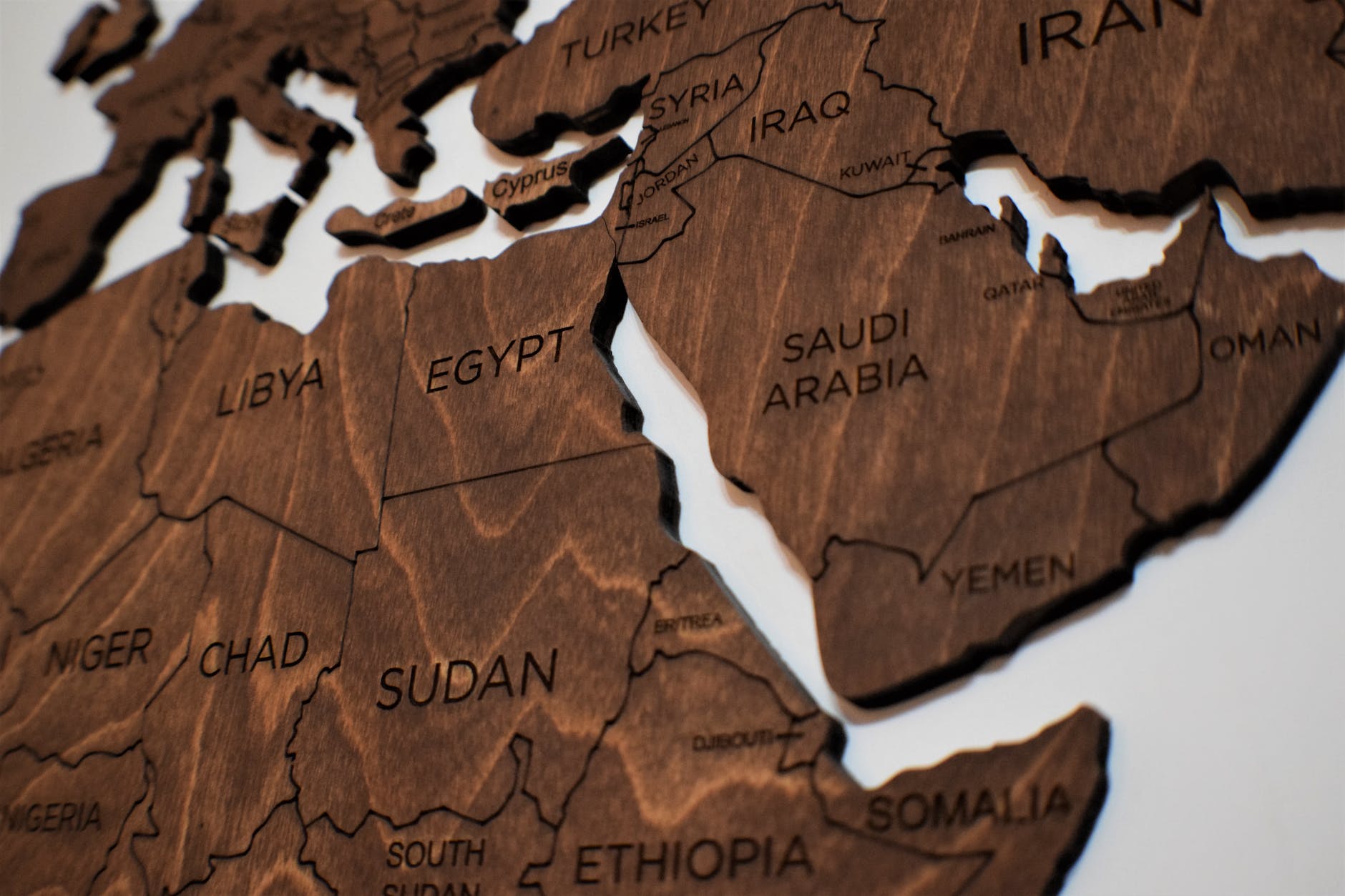
Yemen is a country in the Arabian Peninsula. It is one of the poorest countries in the world and is currently experiencing a civil war. The conflict has caused widespread death and destruction, and it has displaced millions of people.
The war has made it difficult for businesses to operate in Yemen. Many businesses have closed down, and the country is facing a severe food crisis. International businesses, such as McDonald’s, are unlikely to invest in Yemen until the conflict is resolved.
Bhutan
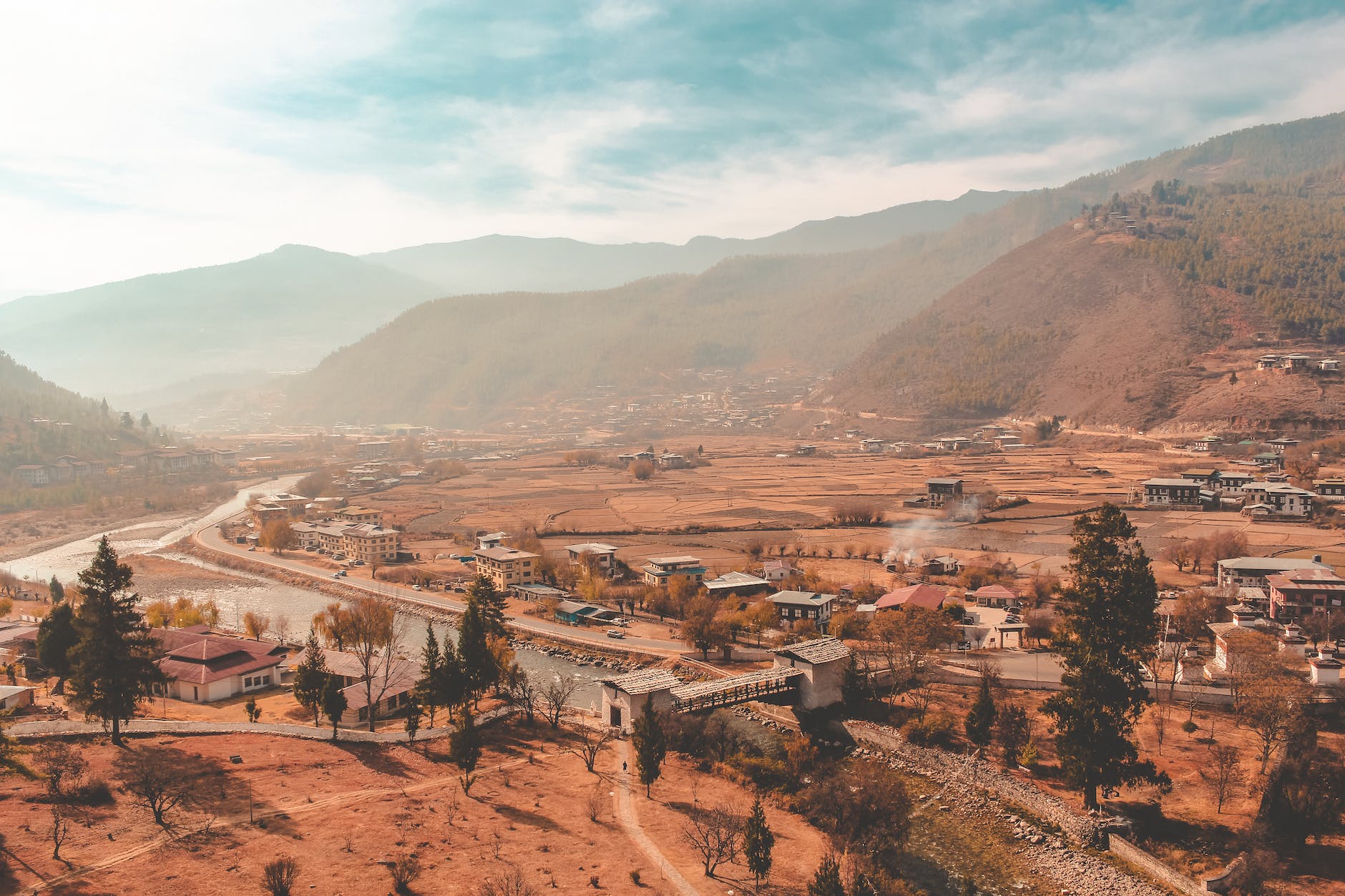
Bhutan is a small country in the Himalayas. It is known for its Buddhist culture and its commitment to environmental protection. The Bhutanese government has taken steps to limit the presence of foreign businesses in order to preserve the country’s unique culture and traditions.
As a result, there are no international fast food chains in Bhutan. McDonald’s would not be able to operate in Bhutan without government approval.
Afghanistan
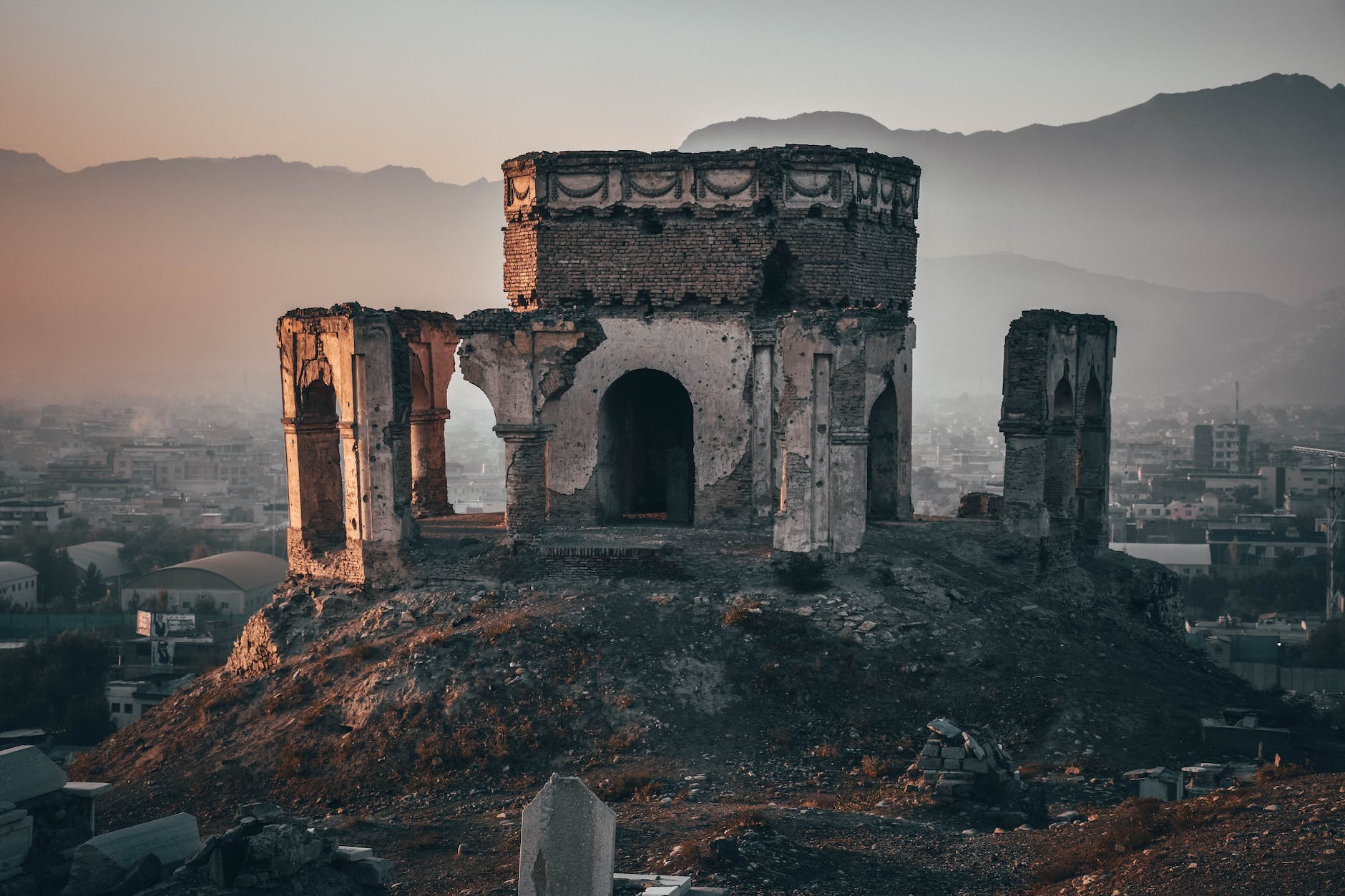
Afghanistan is a country in Central Asia. It has been ravaged by decades of war and conflict. The country is also one of the poorest in the world.
The insecurity and poverty in Afghanistan have made it difficult for businesses to operate. International businesses, such as McDonald’s, are unlikely to invest in Afghanistan until the country is more stable and prosperous.
Iraq

Iraq is a country in the Middle East. It has been recovering from a war that lasted from 2003 to 2011. The country is also facing a number of economic challenges.
The insecurity and economic instability in Iraq have made it difficult for businesses to operate. International businesses, such as McDonald’s, are unlikely to invest in Iraq until the country is more stable and prosperous.
Myanmar (Burma)

Myanmar is a country in Southeast Asia. It has only recently opened up to foreign investments and businesses due to political reforms. The country is still developing and faces a number of economic challenges.
McDonald’s absence: A reflection of complex factors
The absence of McDonald’s in a country or territory does not necessarily indicate its economic development or cultural status. However, the reasons for McDonald’s absence can provide insights into the country’s cultural values, economic conditions, political environment, and regulatory landscape.
In addition to the factors listed above, it is also worth noting that McDonald’s is not always the first choice for consumers in all markets. In some countries, such as Japan and Italy, there is a strong preference for local fast food chains. And in other countries, such as France and Denmark, consumers are increasingly health-conscious and may avoid fast food altogether.
McDonald’s decision to operate in a country or territory is a complex one that involves a variety of factors. The company must weigh the potential benefits of expanding into a new market against the risks and challenges.





